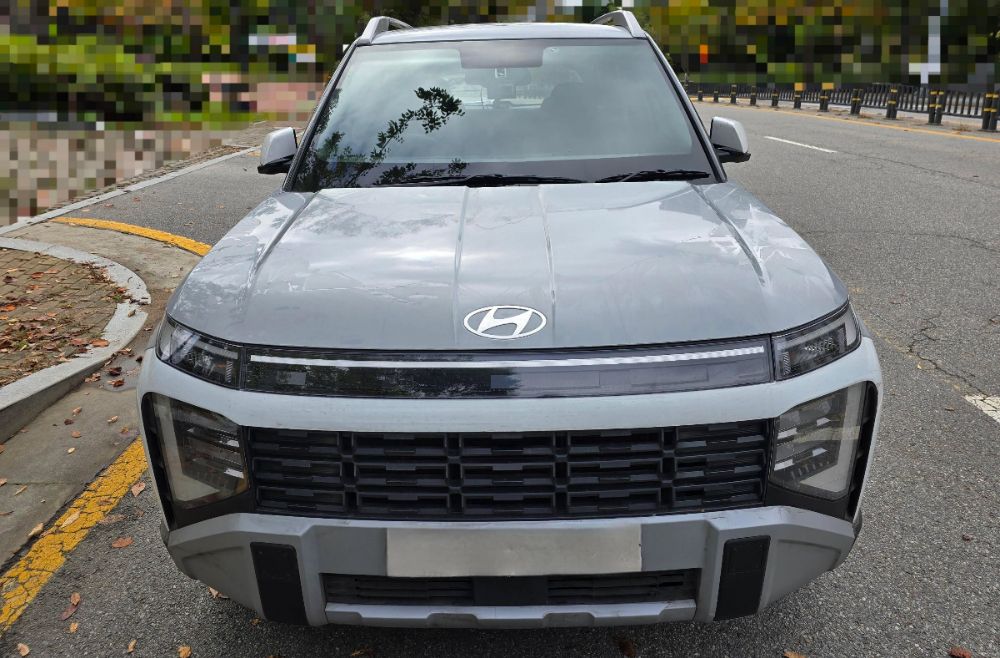
India has between 8.4 crore and 10 crore patients who suffer from rare diseases.
New Delhi:
Aided by government agencies, Indian drug companies have, in just one year, managed to develop medicines for four rare diseases that cut down their cost of treatment by as much as 100 times. Most of these diseases are genetic and many of the patients are children.
The treatment for Tyrosinemia type 1, for instance, which used to require an annual expenditure of Rs 2.2 crore to Rs 6.5 crore, now costs Rs 2.5 lakh for the same duration. If untreated, a child dies of the disease by the age of 10. The drug for treating the disease is called Nitisinone.
The three other rare diseases are Gaucher’s Disease, which results in liver or spleen enlargement, bone pain and fatigue; Wilson’s Disease, which causes a copper deposit in the liver and psychiatric symptoms; and Dravet/ Lennox Gastaut Syndrome, which causes complex seizure syndromes.
The cost for Gaucher’s disease, with Eliglustat capsules, has been brought down from Rs 1.8-3.6 crore per year to Rs 3.6 lakh, for Wilson’s Disease, with Trientine capsules, from Rs 2.2 crore to Rs 2.2 lakh per year, and for Dravet, with Cannabidiol oral solution, from Rs 7-34 lakh per year to Rs 1-5 lakh.
India has between 8.4 crore and 10 crore patients who suffer from rare diseases. Nearly 80% of these diseases are genetic, which means that symptoms are seen, and require treatment, at an early age.
A year ago, the companies, which include Biophore India Pvt. Ltd. (Zenara Pharma), Laurus Labs Ltd, MSN Pharmaceuticals and Akums Drugs & Pharmaceuticals, began working on medicines for 13 types of rare diseases. Medicines for the four diseases have been developed and those for the others are expected soon, said an official, adding that there is a plan to deliver medicines to Jan Aushadhi Centres as well.
Some of the other diseases for which cheaper medicines are being developed are Phenylketonuria and Hyperammonemia.
Work is also on to reduce the cost of the one-time treatment for Spinal Muscular Atrophy, the injection for which costs Rs 16 crore.






